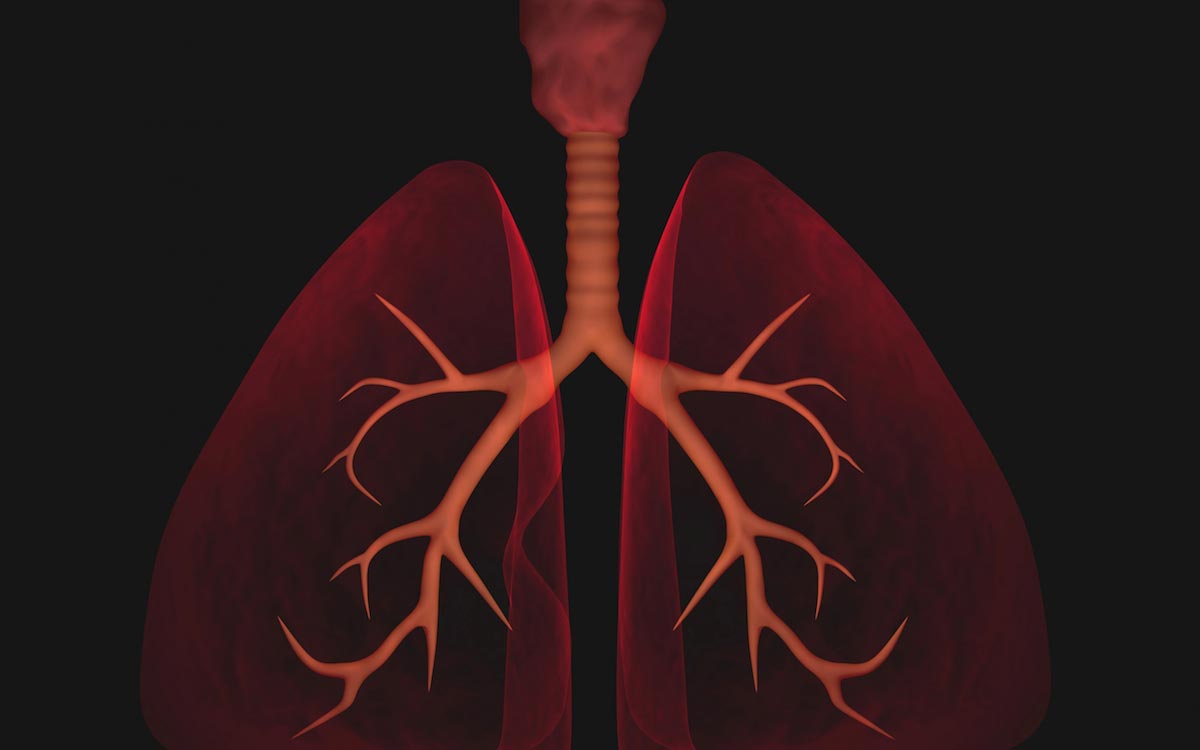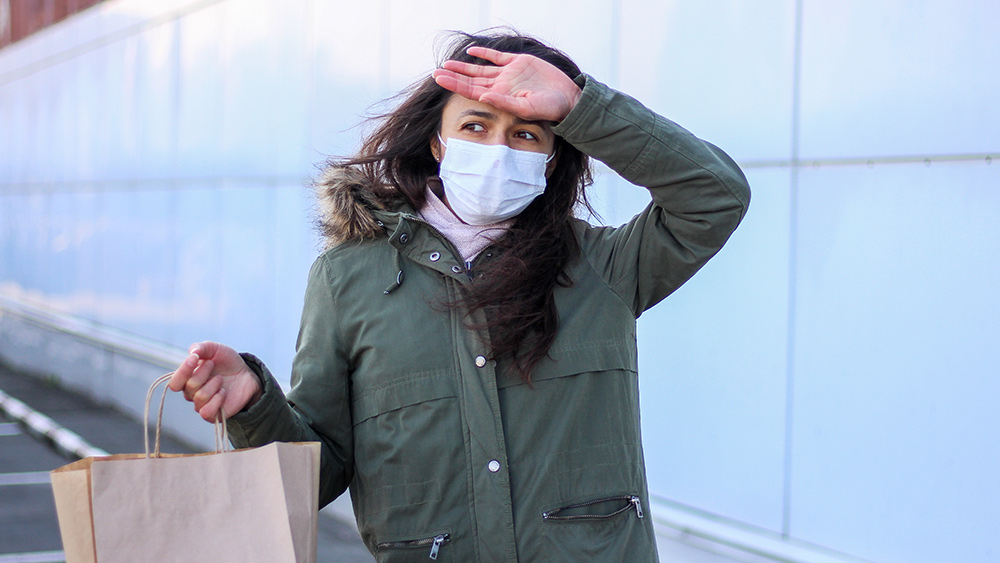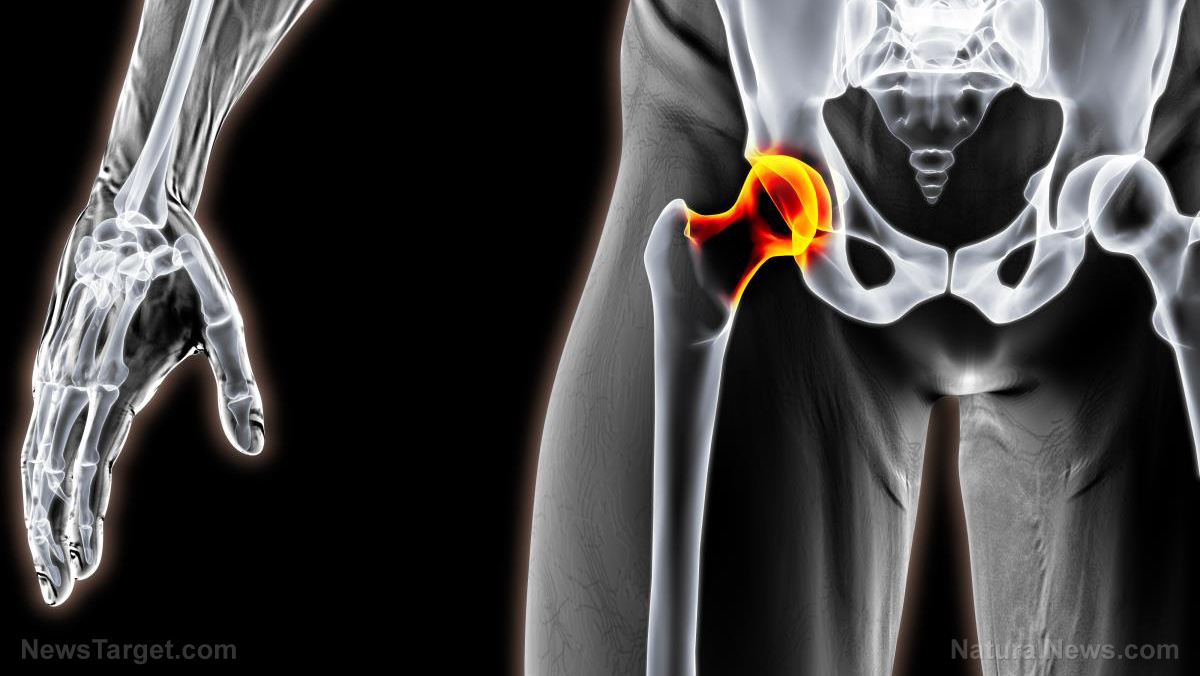New model predicts nearly 2,300 Americans are going to DIE of coronavirus on April 15 alone as pandemic lasts until June
04/01/2020 / By JD Heyes

For those of you who think that the Wuhan coronavirus epidemic isn’t going to last much longer, you might want to step back from that and recalibrate.
Lots of people who are specialists and experts in the field of epidemiology are coming forward with new models using continually updated information that predict America’s darkest days are still weeks ahead.
And let’s face it, if they are right, there is no way China — where the virus originated — only saw a little more than 2,100 deaths from this virulent virus.
As reported by the UK’s Daily Mail, a new predictive analysis of the spread and effect of the coronavirus epidemic in the U.S. from researchers at the University of Washington School of Medicine indicates that on April 15, we are liable to see upwards of 2,300 deaths on that day alone:
The analysis, which uses data from governments, hospitals and other sources, predicts that the number of deaths will then start decreasing slowly after April 15.
Deaths per day will only drop to below 100 after June 9, according to the analysis.
If the model proves correct, researchers say Americans could continue to die from the virus into July, though that would be at the latest.
This new model comes as Dr. Anthony Fauci, the top infectious disease expert in the U.S., said during a Sunday news program that deaths could top out between 100,000 and 200,000.
As of Tuesday, the U.S. had more than 185,000 people infected with the virus; more than 3,780 have died from the disease, according to WorldMeters. Some 6,400 have recovered.
New York City has been the hardest-hit; nearly half of all cases in the U.S. are located in the Big Apple. In all, WorldMeters recorded as of Tuesday afternoon, there were 854,000 cases of coronavirus and more than 42,000 deaths, with about 177,000 recoveries. The site notes that of the 635,000 active cases, 95 percent of victims are presenting with “mild” cases.
‘It would not have been a good idea to pull back’
But that could change. After all, we’re dealing with a virus, and viruses are known to change, adapt, morph in order to survive. (Related: Coronavirus deaths in the USA have surpassed 9/11, with over 2,000 deaths expected PER DAY by mid-April.)
The Daily Mail also reported that the University of Washington analysis notes a lot of stress will be placed on U.S. hospitals as the number of in-patients increase dramatically in the coming days and weeks. The death peak is expected by mid-April, but the peak for hospitalizations could come later in various parts of the country.
“The analysis predicts that the number of US deaths could vary widely, ranging from as low as around 38,000 to as high as around 162,000, due in part to disparate rates of the spread of the virus in different regions,” the paper said.
Meanwhile, the analysis offers this ray of hope: If the country continues to practice social distancing, as President Trump and his health advisers have recommended, than the death toll would only reach about 82,000 over the coming four-month period.
In anticipation of possible rising death tolls surpassing 100,000, President Trump this week extended his original 15-day guidelines to fight the spread of the virus until the end of April. It could be extended longer, though, according to White House officials, especially if the UW model is accurate. The original 15-day period expired Monday.
Last week, the president said he had hoped to get the country “reopened” by Easter — which is on April 12. But Fauci said after showing him the data, the president pulled back from that.
“It would not have been a good idea to pull back at a time when you really need to be pressing your foot on the pedal as opposed to on the brakes,” he said Sunday. “We showed him the data. He looked at the data. He got it right away,’ Fauci said. ‘It was a pretty clear picture. Dr Debbie Birx and I went in to the Oval Office and leaned over the desk and said, ‘Here are the data. Take a look.’ He just shook his head and said, ‘I guess we got to do it.’”
Sources include:
Tagged Under: advisers, Anthony Fauci, coronavirus, covid-19, death estimate, death toll, deaths, Deborah Birx, easter, Hospitals, infections, model, outbreak, pandemic, President Trump, University of Washington, Wuhan coronavirus



















